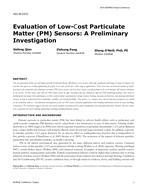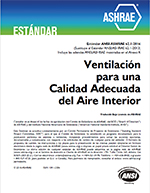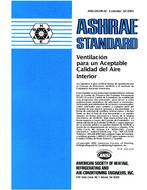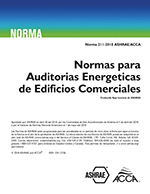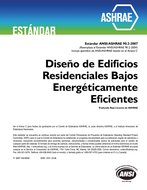Description
The new generation of low cost and highly portable Particulate Matter (Williams et al.) sensors, which offer significant advantages in terms of compact size and low cost, opens an exciting opportunity for people to use such sensors for a wide range of applications. There have been an increased number of studies focusing on the evaluation and calibration of various PM sensor systems, but how these sensors actually perform in the real situation still remains unknown to the society. In this study, three low-cost PM sensors based on light scattering and two commercial high-cost PM monitoring products were tested to preliminarily investigate their performances in three realistic indoor environmental settings (incense burning, spraying air-freshener, and spraying whiteboard cleaner) to help us understand their availability, usability, and overall feasibility. Two metrics, i.e., response time and the linearity of response are selected as the evaluation indexes. A preliminary investigation of low-cost PM sensors’ potential applications with building automation system in smart buildings is presented. The conclusion suggests that low-cost sensors perform reasonably well in quick resphighonse and yield good linearities. Besides, low-cost sensors have a potential for smart building applications including building filtration control.
Citation: 2018 Annual Conference, Houston, TX, Conference Papers
Product Details
- Published:
- 2018
- Number of Pages:
- 9
- Units of Measure:
- Dual
- File Size:
- 1 file , 2.7 MB
- Product Code(s):
- D-HO-18-C013
